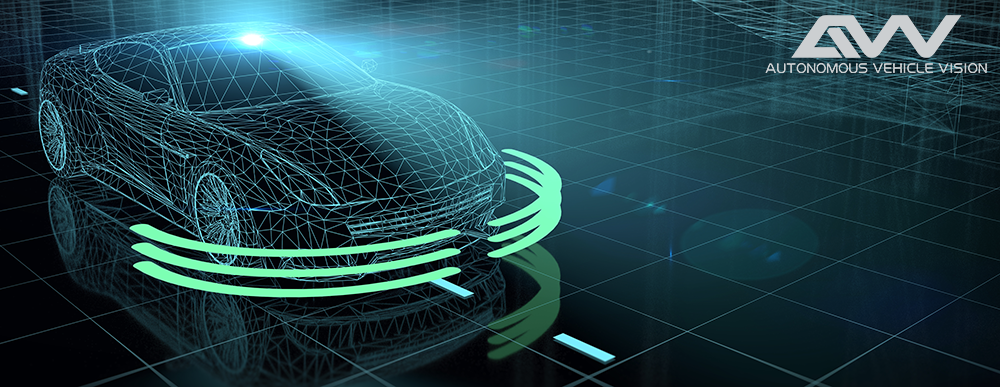
In Conjunction with WACV 2021
| Home | Organizers | Speakers | Dates | Submission | Challenges | Program |
Submissions are handled through the CMT submission website:
https://cmt3.research.microsoft.com/AVV2021/
With a number of breakthroughs in autonomous system technology over the past decade, the race to commercialize self-driving cars has become fiercer than ever. The integration of advanced sensing, computer vision, signal/image processing, and machine/deep learning into autonomous vehicles enables them to perceive the environment intelligently and navigate safely. Autonomous driving is required to ensure safe, reliable, and efficient automated mobility in complex uncontrolled real-world environments. Various applications range from automated transportation and farming to public safety and environment exploration. Visual perception is a critical component of autonomous driving. Enabling technologies include: a) affordable sensors that can acquire useful data under varying environmental conditions, b) reliable simultaneous localization and mapping, c) machine learning that can effectively handle varying real-world conditions and unforeseen events, as well as “machine-learning friendly” signal processing to enable more effective classification and decision making, d) hardware and software co-design for efficient real-time performance, e) resilient and robust platforms that can withstand adversarial attacks and failures, and f) end-to-end system integration of sensing, computer vision, signal/image processing and machine/deep learning. The 1st AVVision workshop will cover all these topics. Research papers are solicited in, but not limited to, the following topics:
• 3D road/environment reconstruction and understanding;
• Mapping and localization for autonomous cars;
• Semantic/instance driving scene segmentation and semantic mapping;
• Self-supervised/unsupervised visual environment perception;
• Car/pedestrian/object/obstacle detection/tracking and 3D localization;
• Car/license plate/road sign detection and recognition;
• Driver status monitoring and human-car interfaces;
• Deep/machine learning and image analysis for car perception;
• Adversarial domain adaptation for autonomous driving;
• On-board embedded visual perception systems;
• Bio-inspired vision sensing for car perception;
• Real-time deep learning inference.
Authors are encouraged to submit high-quality,
original (i.e., not been previously published or
accepted for publication in substantially similar
form in any peer-reviewed venue including journal,
conference or workshop) research.
The paper template is identical to the WACV2020 main conference. The author
toolkit (latex only) is available both on Overleaf and
in Github.
The submission website can be found here (CMT).
Papers presented at the WACV workshops will be published as part of the
"WACV Workshops Proceedings" and should, therefore, follow the same
presentation guidelines as the main conference. Workshop papers will be
included in IEEE Xplore, but will be indexed separately from the
main conference
papers.
For questions/remarks regarding the submission e-mail:
avvision@mias.group.